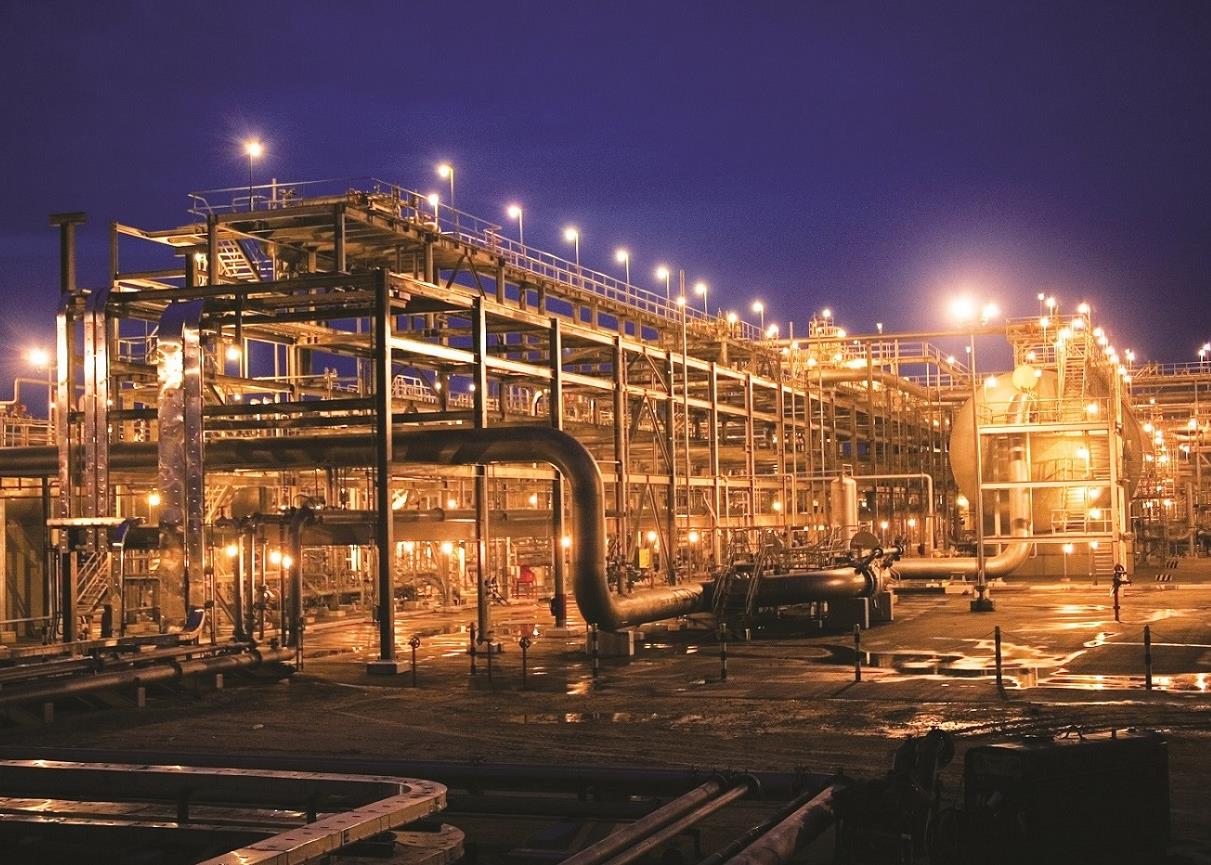

Click here to download the infographic
Regional countries’ economic and risk profiles will determine energy transition outcomes
 Half the GCC states have pledged to achieve net-zero carbon emissions between 2050 and 2060 amid growing international pressure to address climate change and find economic alternatives to hydrocarbons.
Half the GCC states have pledged to achieve net-zero carbon emissions between 2050 and 2060 amid growing international pressure to address climate change and find economic alternatives to hydrocarbons.
Depending on how they develop supportive policies, this could mark the start of a more serious and organised clean energy transition across the Middle East and North Africa (Mena) region, home to the world’s cheapest oil and, most recently, renewable energy.
The pledges, which include reducing methane and greenhouse gas emissions by 2030, could prompt more widespread adoption of carbon capture, renewable energy and clean hydrogen in line with decarbonising the energy, transport, industrial and agricultural sectors.
However, regional countries' economic and risk profiles are likely to greatly affect their energy transition outcomes. Read more here
This package on net-zero in the Middle East includes:
> Read the January 2022 MEED Business Review
> Carving a path to net-zero
> Net-zero ambitions reshape the region
> Water sector could turbocharge net-zero
| Subscribe to MEED |

You might also like...

Red Sea Global awards Marina hotel infrastructure
18 April 2024

Aramco allows more time to revise MGS package bids
18 April 2024

Morocco tenders high-speed rail project
18 April 2024
A MEED Subscription...
Subscribe or upgrade your current MEED.com package to support your strategic planning with the MENA region’s best source of business information. Proceed to our online shop below to find out more about the features in each package.








